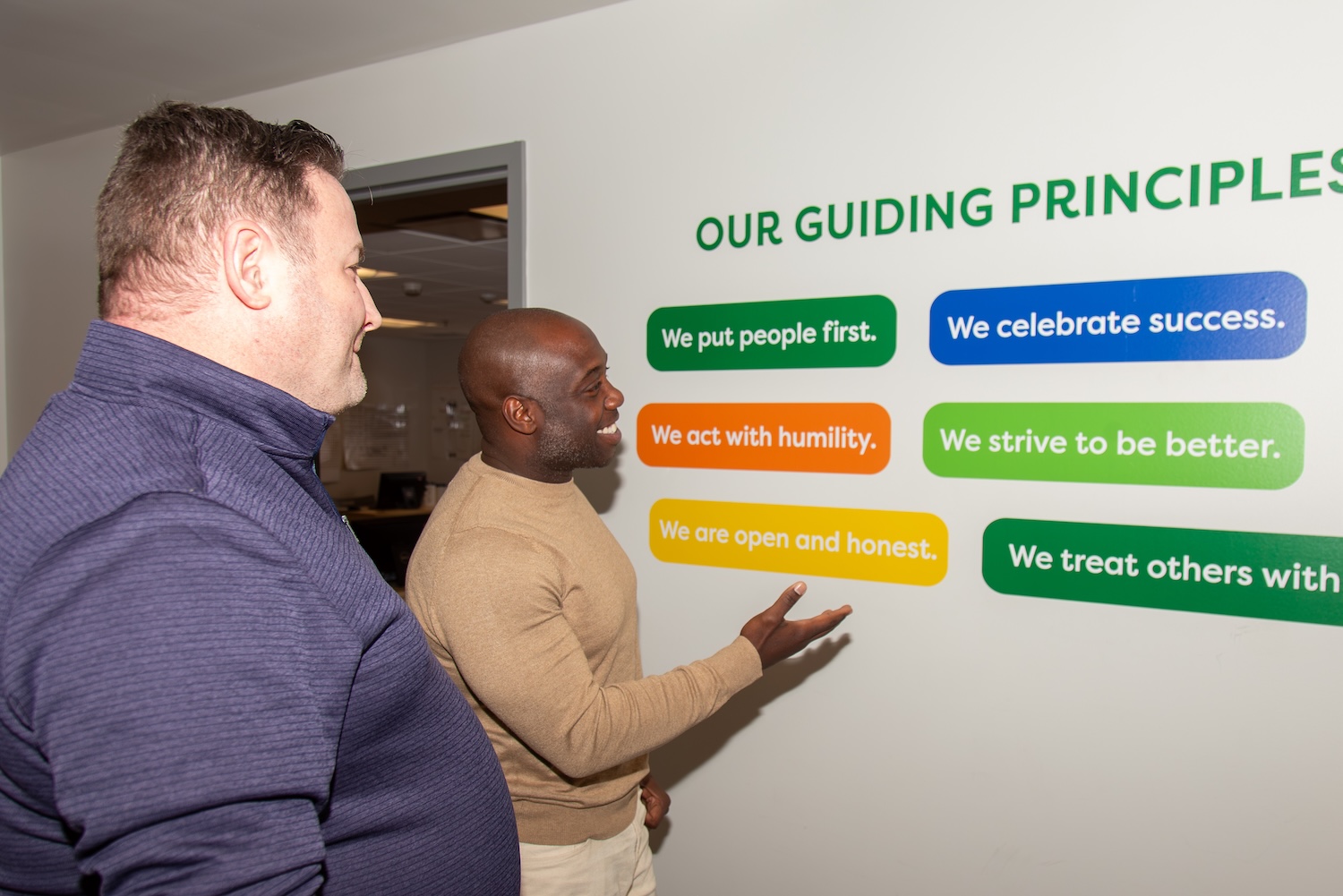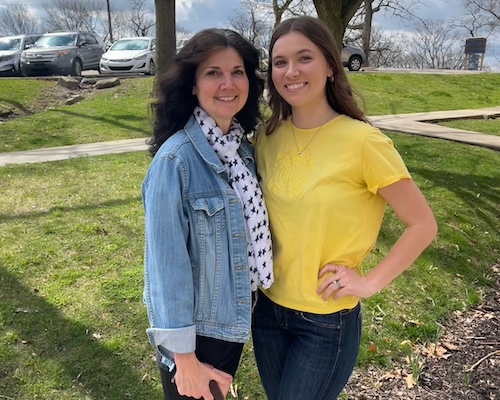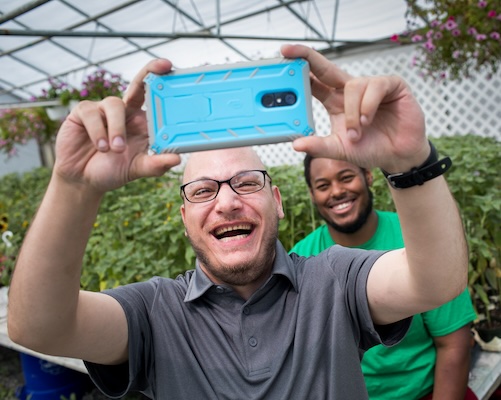The InVisionary
 Every month we all complete courses that are critical to our regulatory compliance as well as helping us to develop skills that will help us grow in our careers at InVision.
Every month we all complete courses that are critical to our regulatory compliance as well as helping us to develop skills that will help us grow in our careers at InVision. In March’s Relias training, all InVision Human Services team members learned about Person-Centered Thinking and Person-Centered Planning, which are at the core of how we help those we support live independent, meaningful lives.
Beyond building best practices in our support and elevating our knowledge, the trainings we take each month have connections to many other facets of the organization, including our guiding principles. March’s trainings align with the principles of “We Put People First,” “We Act with Humility,” and “We Treat Others with Kindness and Respect.”
Even if you do not have regular contact with the people we support, there are ways that you can take what you have learned, apply this knowledge to our guiding principles, and use them in your daily interactions.
Person-Centered Thinking is a philosophy that honors and respects a person’s values and preferences. It teaches us to put them first and understand how each person interacts with the world around them, and how they determine what is best for them. Taking a humble approach to this allows us to treat our fellow team members with respect before jumping to conclusions about how they act in certain situations. For example, you are in a meeting discussing a particular initiative, and one member of the group is silent and not contributing. Without a person-centered mindset, you may assume that they are either distracted or disinterested; however, it could very well be that their approach is to get as much information as they can and take time to consider options before making decisions. Treating everyone involved with kindness and respect, you could ask questions, and before the meeting is over, make sure that everyone understands their role and provide a timeline for feedback and ideas.
There could also be cultural or generational implications. Some people may be more deferential to people in leadership positions and may believe that it is disrespectful to “argue” or express differing ideas. To overcome this, a clear agenda, and establishing a set of expectations for the meeting would help so that everyone understands that all opinions are of equal importance.
 Person-Centered Planning focuses on having a better understanding of what a person wants their life to be and planning out goals for the person supported to accomplish. Have you ever had a life or work goal? When you have a goal, you follow the steps to accomplish your goal. At work we have work goals, such as projects, tasks, or action plans, and we want to have successful results. Any good plan contains SMART Goals. SMART goals help you stay on track, relate to your own planning, and are a helpful tool for helping the people we support define their goals. This course also shares the importance of building rapport as a team. One of the most important things you can do as a team member is to build a positive, trusting relationship with your peers. Teamwork makes the dreamwork, and these dreams may be yours, the dreams of your peers and person supported.
Person-Centered Planning focuses on having a better understanding of what a person wants their life to be and planning out goals for the person supported to accomplish. Have you ever had a life or work goal? When you have a goal, you follow the steps to accomplish your goal. At work we have work goals, such as projects, tasks, or action plans, and we want to have successful results. Any good plan contains SMART Goals. SMART goals help you stay on track, relate to your own planning, and are a helpful tool for helping the people we support define their goals. This course also shares the importance of building rapport as a team. One of the most important things you can do as a team member is to build a positive, trusting relationship with your peers. Teamwork makes the dreamwork, and these dreams may be yours, the dreams of your peers and person supported. Some people feel energized in group settings, while others are quieter and more reserved. Allowing ourselves to understand and respect our differences makes us better team members and a better organization. Creating a culture that supports, nurtures, and encourages everyone to be their absolute best and find joy and fulfillment in their work is the heart of “Putting People First.” Acknowledging that we are part of something bigger than ourselves, and that our success is the result of how many define “Acting with Humility.” Embracing diversity and creating an environment of inclusivity where we value each other as individuals means “We Treat Others with Respect and Kindness.” These principles are also hallmarks of person-centered thinking and planning.
Each month, we hope to show how our trainings connect to our guiding principles and how they can be applied to make us better team members and lead to a better InVision Human Services. We invite you to reflect on the courses you completed and identify what specifically you have learned about yourself, and the things you are positively committed to improving




Comments (0)